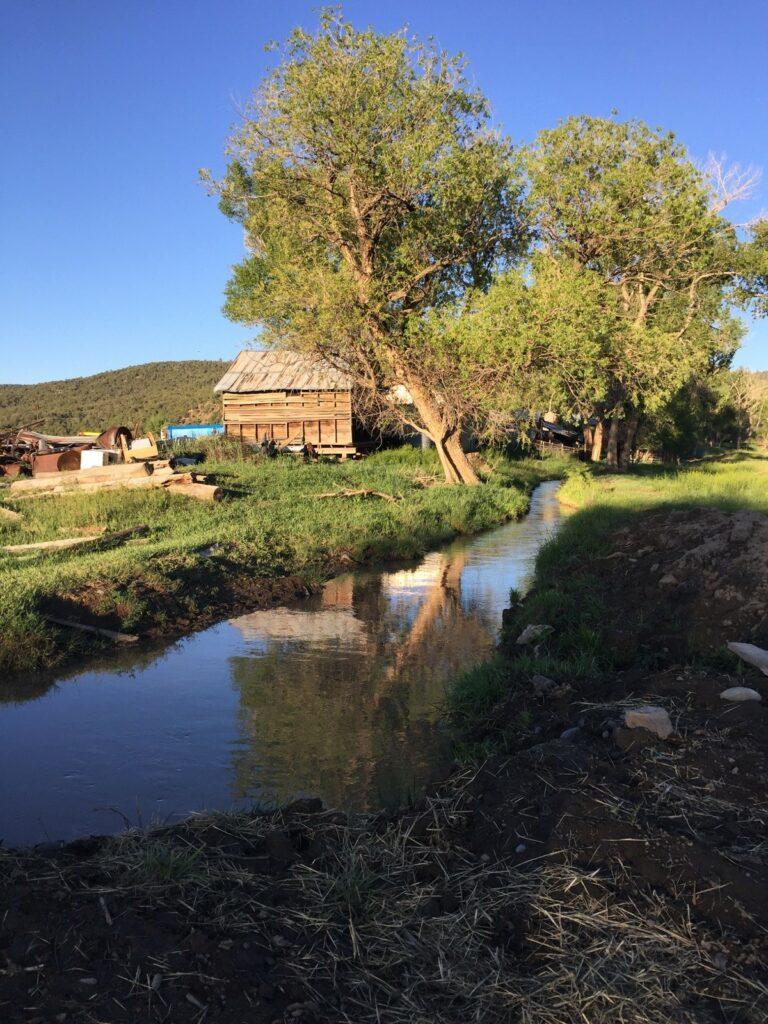Succession planning for your farm and ranch is akin to nurturing the legacy you’ve built over generations. From safeguarding agricultural assets to fostering smooth succession transitions, the decisions you make today will shape the future of your farm or ranch. Back, Lenox and Stolzer Estate Planning and Elder Law off the following article from EstatePlanning.com, “Estate Planning and Succession Planning for a Family Farm,” we examine the nuances of succession strategies for farmers and ranchers, strategies to consider and why it’s important to plan now.
Why Is Farm and Ranch Succession Planning so Complex?
There are unique tax and asset categories to consider in farm and ranch succession planning. For example, farm assets may require the owner to file a federal estate tax return to lower the taxable value of their estate. The assets included in farm and ranch estates are categorized based on business, retirement and inheritance. Farm and ranch owners creating a succession plan should work with an experienced estate planning attorney to navigate this nuanced process.
What are Farm and Ranch Succession Planning Strategies?
Farm and ranch assets encompass a diverse range of categories, from business infrastructure to retirement funds and inheritance prospects. Reinvestment strategies play a pivotal role in the following:
- Sustainable Business: Reinvesting profits into the farm bolsters its capacity and modernization efforts, ensuring long-term viability.
- Balanced Asset Allocation: Allocating between business, retirement and inheritance assets fosters financial equilibrium and succession preparedness.
- Sensible Legacy Preservation: Deciding based on the emotional and practical significance of the farm or ranch.
Prioritizing Succession Planning: Balancing Business and Inheritance Goals
Succession planning is essential for farm and ranch owners aiming to ensure a seamless transition to the next generation. Key considerations include:
- Early Planning: Anticipating succession needs early allows for thoughtful balancing of business, retirement and inheritance goals.
- Strategic Decisions: Implementing fair and practical distribution decisions based on guiding principles, such as proportional equality and need-based considerations.
- Good Communication: Communicating clearly with family members fosters understanding.
Leveraging Estate Planning: Crafting a Sustainable Future
Estate planning empowers farm and ranch owners to secure their family’s future, while preserving their legacy. Essential strategies include:
- Customized Plans: Tailoring estate plans to reflect the farm’s financial capacity and long-term goals.
- Professional Guidance: Collaborating with experienced estate planning attorneys to navigate complex decisions and structure inheritable assets effectively.
- Timely Action: Initiating estate planning early allows for proactive adjustments to evolving challenges and shifting family dynamics.
Key Succession Planning for Farm and Ranch Owners Takeaways:
- Plan Proactively: Early estate planning facilitates smoother transitions and preserves the farm’s legacy for future generations.
- Prioritize Planning: Solid strategies balance business sustainability and inheritance goals for long-term success.
- Communicate Effectively: Transparent communication with family members minimizes potential conflicts, ensuring a harmonious transition.
Conclusion
Succession planning for family farms and ranches embodies the intersection of financial stewardship and emotional legacy preservation. Let our Beck, Lenox and Stolzer team help guide you through the complexities of planning for the next generation as a farm or ranch owner by prioritizing proactive planning, balancing asset allocation and fostering open communication with confidence and clarity. To get started on the conversation, schedule a free consultation by phone with one of our attorneys.
Reference: EstatePlanning.com (Nov. 9, 2023) “Estate Planning and Succession Planning for a Family Farm,”










